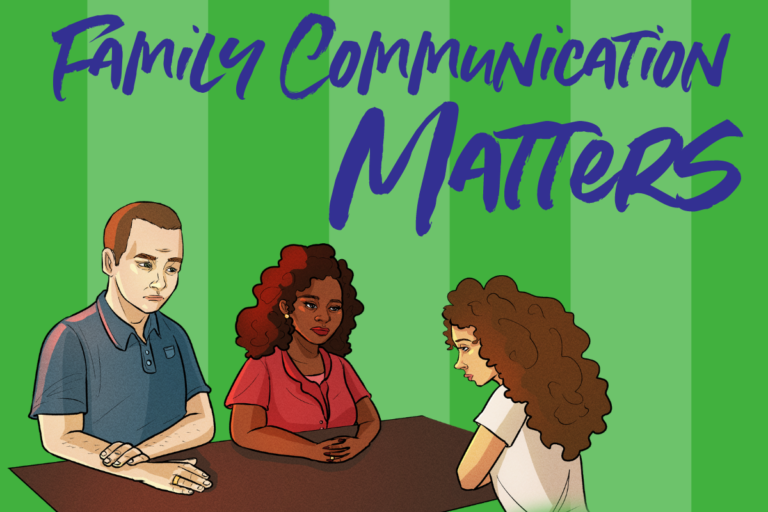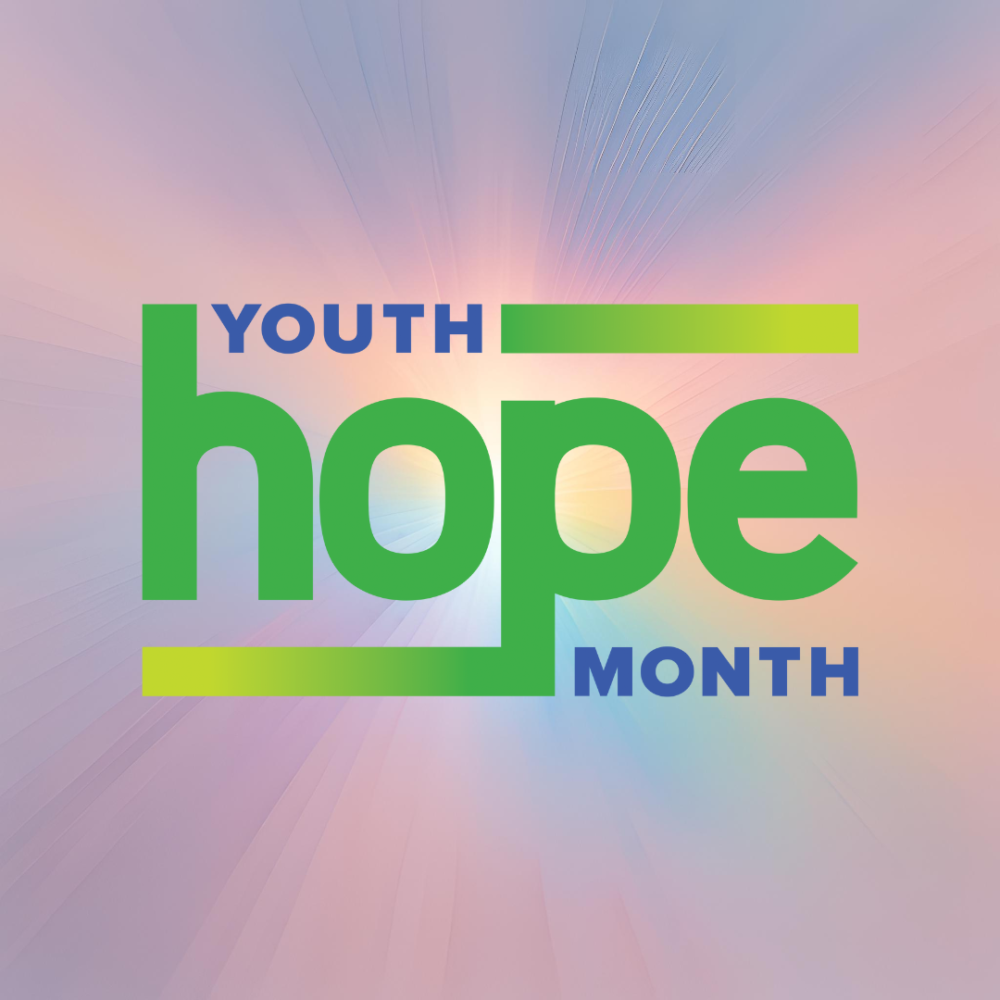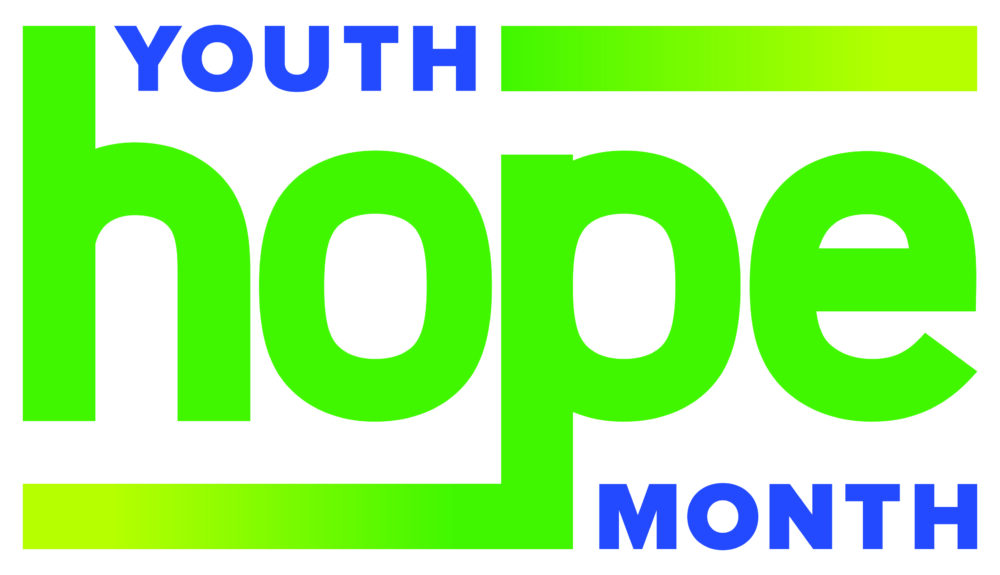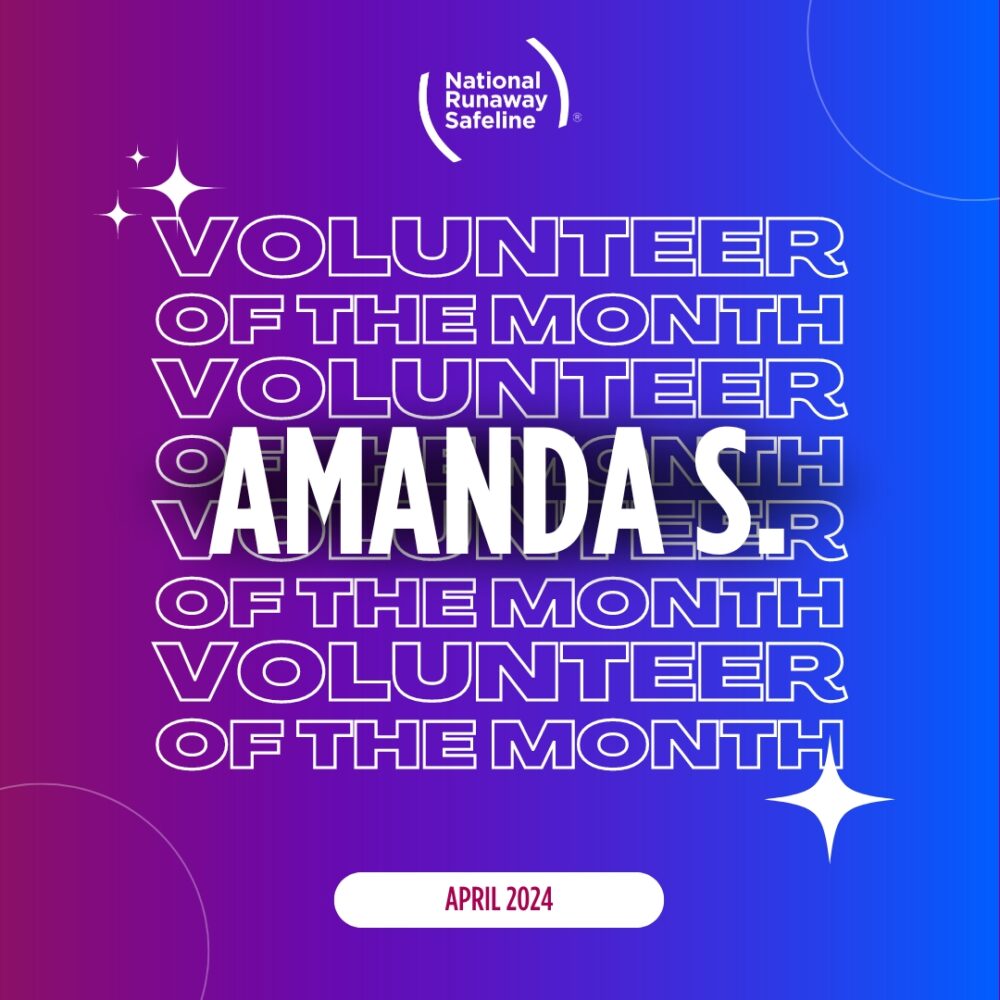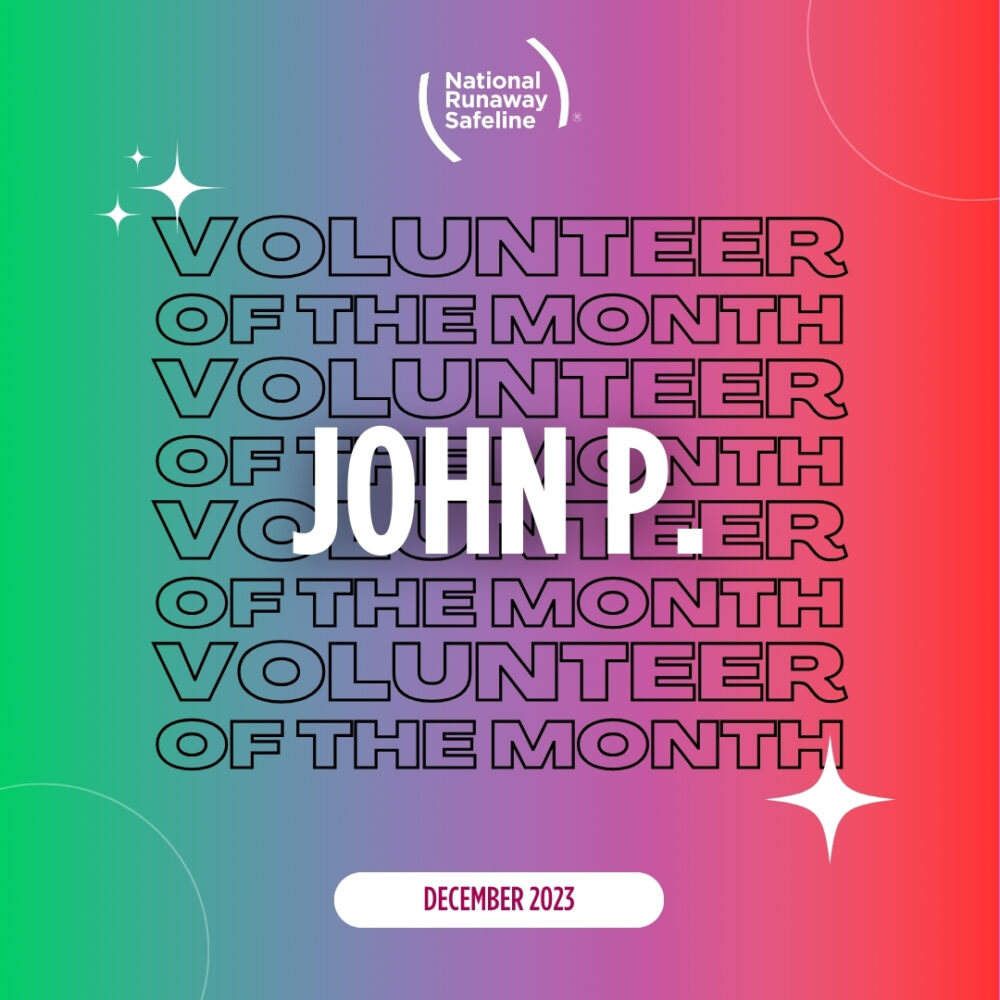This week, we want to highlight how important it is to build, maintain, respect, and appreciate relationships with the people who matter to us. Through active and intentional communication, we can show others what we need and learn about the needs of others around us. Humans are social beings who need people around us that make us feel safe and validated. These people can be our birth and chosen families, friends, peers, and colleagues.
Good communication with our families can be the difference between resolution and understanding or a break in a relationship and trust. And a break in trust can be a major reason why someone would want to run away.
There are many, many reasons that a young person might want to run away. Sometimes, part of that reason is that they feel unheard, not validated, and isolated. It can be hard for parents to fully make space for the emotional needs of their children and vice versa. Adults and children are at completely different stages in their life and development, and consequently they do not see the world through the same eyes. It makes sense why sometimes it may feel hard to understand one another.
Good communication is not always about being on the exact same page, but can sometimes be about making space for each individual’s truth. Compromise is about being flexible in our own demands, needs, or desires so that we may make room for the other person or people in our lives.
Healthy communication can also be about accepting that another person isn’t ready to talk with you in that moment. By acknowledging someone else’s readiness or lack thereof, you can respect those circumstances and create a space to circle back on the conversation or wait for a better time. If we don’t respect the boundaries of another person and push past them, it may be difficult to have a constructive and respectful conversation in the future.
If you are having trouble communicating with a loved one, here are some tips or skills you can work on:
Write down what you need to say first or give it to the person in a letter format:
- It’s totally normal to feel like you can never fully get your point across in a heated moment. By writing down your main points, you can make edits and changes to make your main points more concise.
- If you prefer tech, you can do this in the form of a text or write something out on your notes app!
Take small steps:
- You don’t have to confront a person or completely drop a bomb on them with all your emotions.
- Start by setting small boundaries around communication as you go, or you can even start approaching triggering topics one thing at a time.
Ask for help from someone you trust or someone outside of the situation:
- Having a facilitator can be helpful to ensure a conversation remains productive.
- Both parents and young people can utilize NRS’ conference calling service. If a young person or parent feels they need some outside help with their situation, after a young person has runaway, or before they are about to, we are available at 1-800-RUNAWAY to help however we can!
- NRS is confidential, free, and completely neutral – we’re here to help resolve your situation, without taking sides.
Maintaining relationships and communicating effectively can be difficult, but they are skills we must build. When we communicate well, we can tell what relationships are no longer serving us and our strong relationships flourish even more.
If you are in an abusive situation, however, it is not your responsibility to resolve the situation with good communication. Abuse is not your fault, and you deserve safety. NRS can help with identifying abuse and filing a report; give us call today for more information.
